Should the World Championship be contested by teams rather than countries?
The grotesque spectacle that was witnessed at the end of the women's gravel race at the World Championships between the Dutch cyclists once again brings to light the suitability of continuing to maintain the format of competition by national teams that is traditionally used in world and European championships.
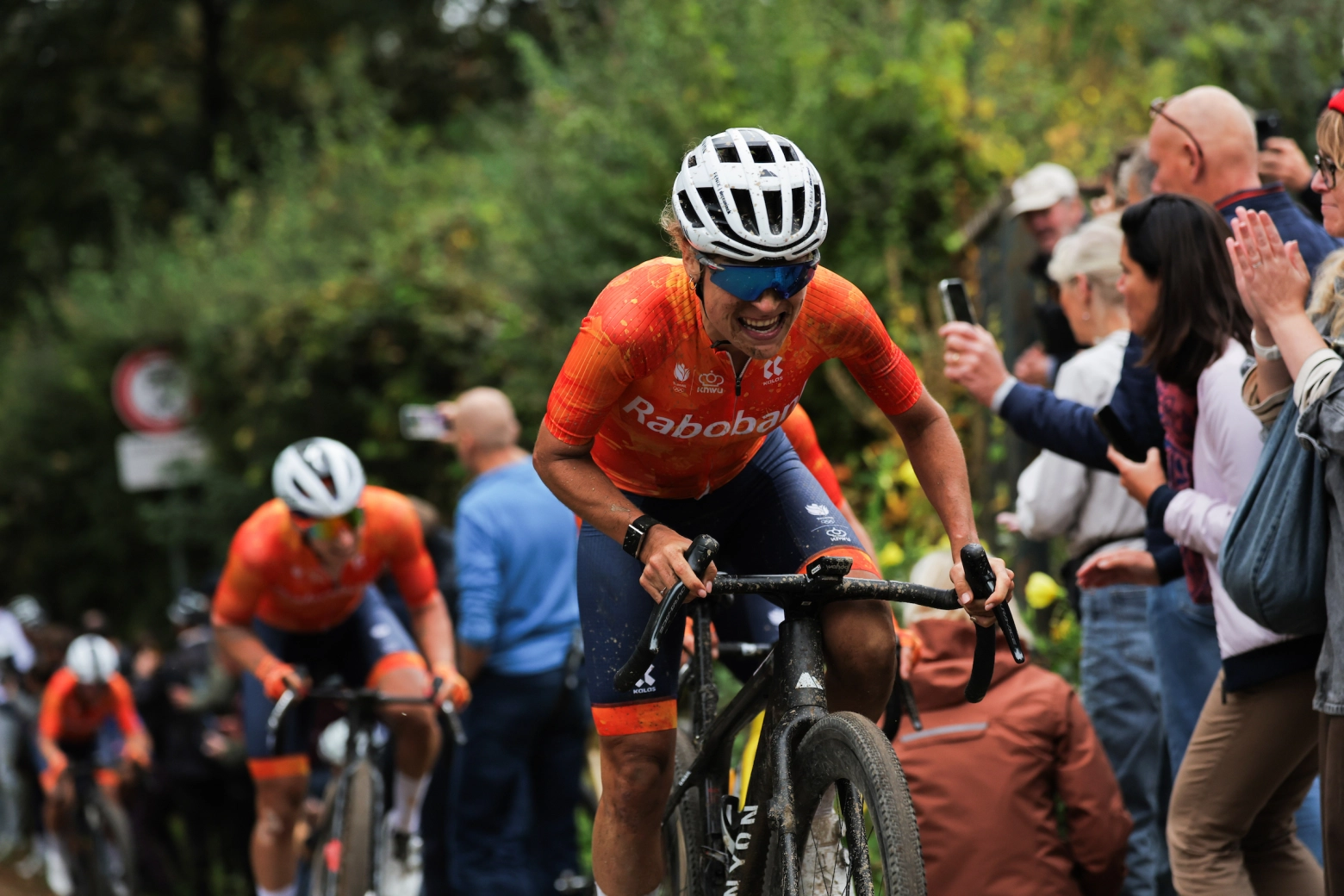
Commercial interests over team interests reignite the debate about competitions by national teams
The outcome of the women's gravel race at the World Championships held last Saturday was completely indescribable. A few kilometers from the finish line, the Dutch cyclist Shirin van Anrooij was riding with a substantial lead that seemed to indicate that the World Championship was going to be hers, especially considering that behind her was a group of 4 riders made up of her teammates Lorena Wiebes, who ultimately won; Marianne Vos, Yara Kastelijn, and the Italian Silvia Persico.
However, what happened was inexplicable from a team perspective, with Kastelijn giving it her all to bring down her teammate's breakaway, leading to a sprint showdown between Lorena Wiebes and Marianne Vos. An Italian rider took advantage of the situation despite being outnumbered.
RECOMENDADO
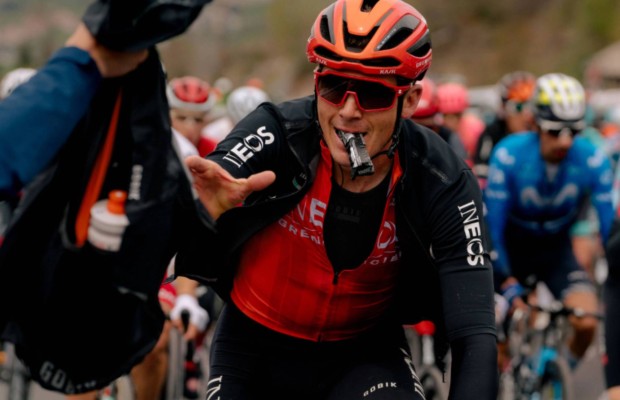
What are nitrates and why will they give you an extra boost in your performance on the bike?

How to wash your bike at a gas station without ruining it
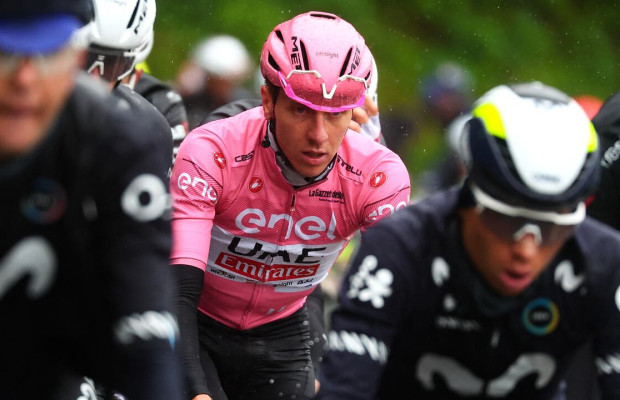
Tips for staying motivated to go out riding when cold, rain or night lurk

How to choose the right crankset and cassette: a guide to find the right ratio and extend the life of your bike
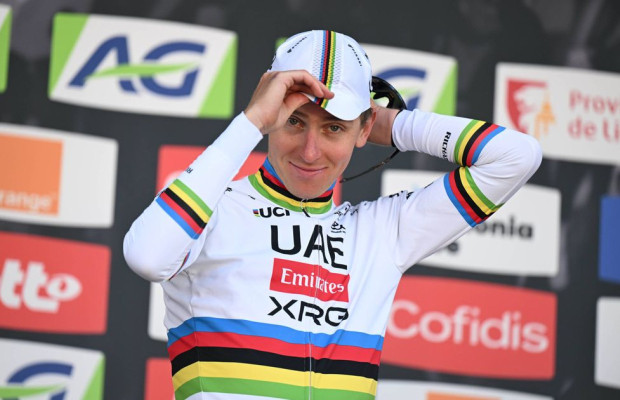
Complete 2026 UCI WorldTour calendar and key dates: the show begins
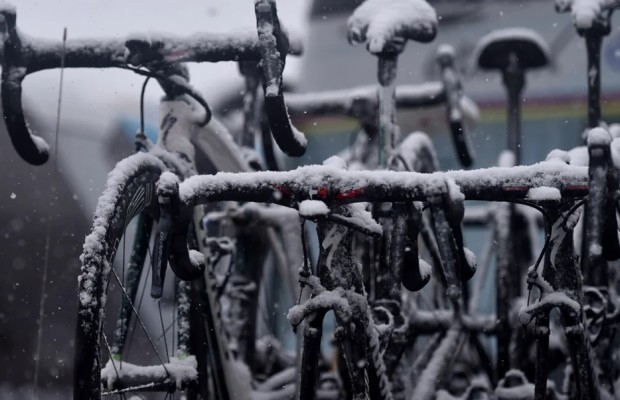
Can I go cycling with the flu or a cold?
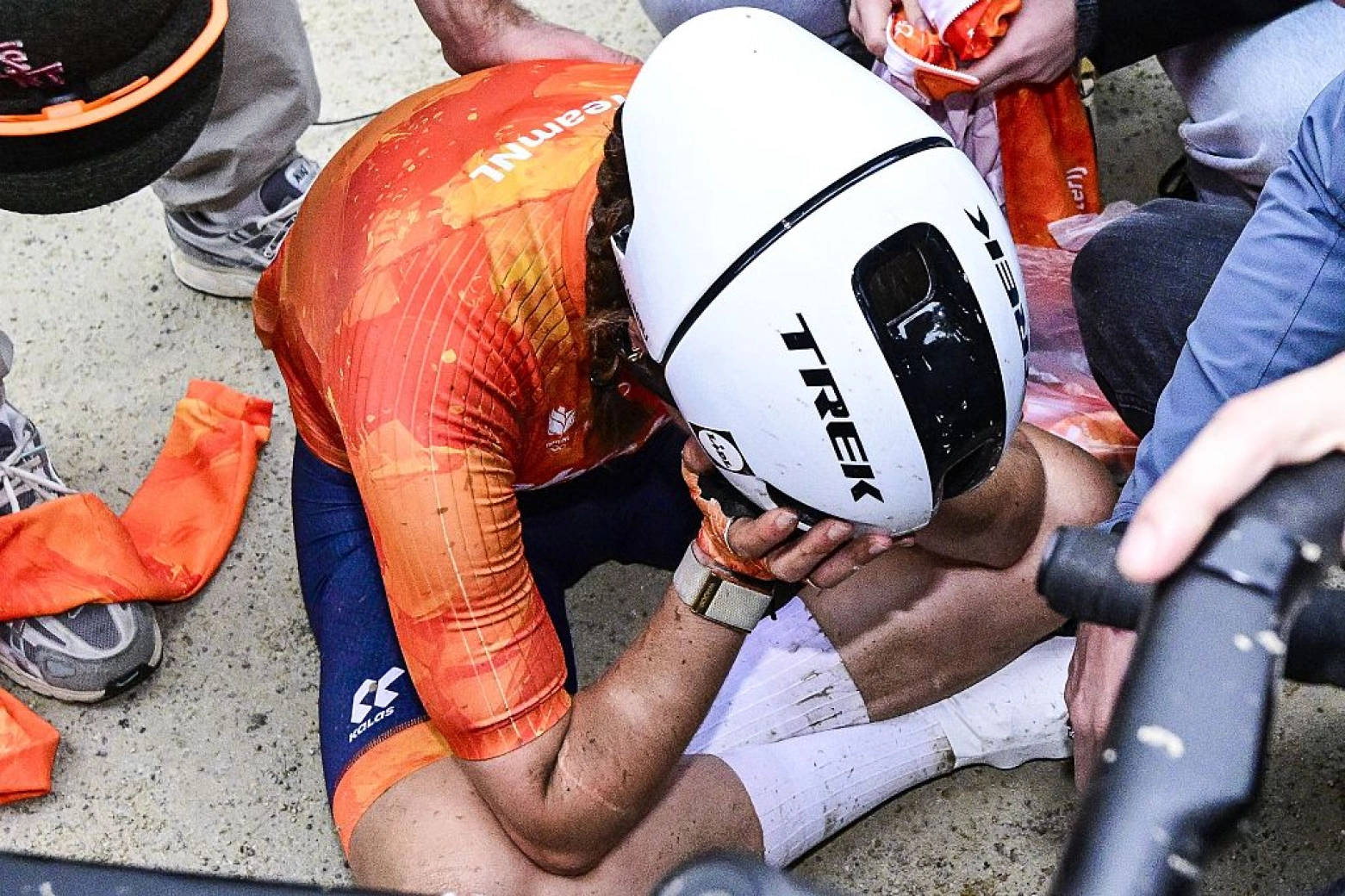
Internal rivalries within the Dutch team have been well known for decades, but on this occasion, it also seemed that the fact that each of them belonged to a different team and, from a commercial perspective, the same one they compete under throughout the year, led each rider to focus on their own interests without considering the other Dutch riders as true teammates.
A similar situation was seen last year at the Zurich World Championships when the French rider Pavel Sivakov did not hesitate to sacrifice his own chances in the race to help the Slovenian Tadej Pogacar, his team leader throughout the year.
These situations once again bring up the eternal debate of whether championships should continue to be contested under the format of national teams or should switch to being done by commercial teams as is the case in national championships.
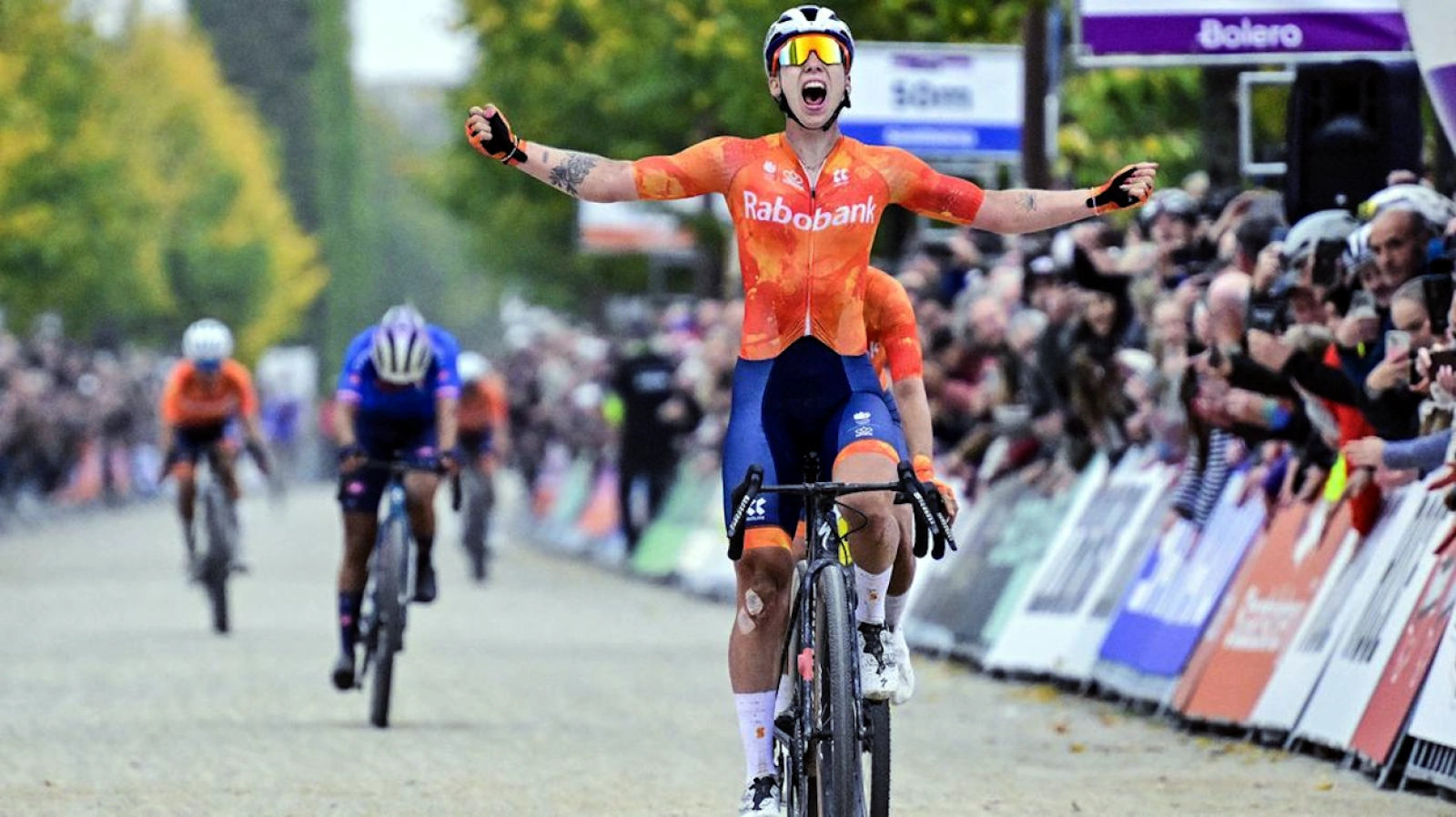
UCI Performance Director Peter Van den Abeele settled the controversy by stating, "World Championships are for countries, not for teams. National coaches are the ones who should establish the strategy. Italy did it," clearly referring to how the Italian team capitalized on Silvia Persico's chances.
Perhaps the issue is specific to the Gravel World Championships, where cyclists who are directly selected by their countries are mixed with those who have earned their qualification through results in the UCI Gravel World Series events. Laurens ten Dam, the current coach of this discipline, explained after the race, "I can't impose tactics. With nearly 30 Dutch riders in the elite category, all I told them was not to block each other. A Dutch rider had to win."